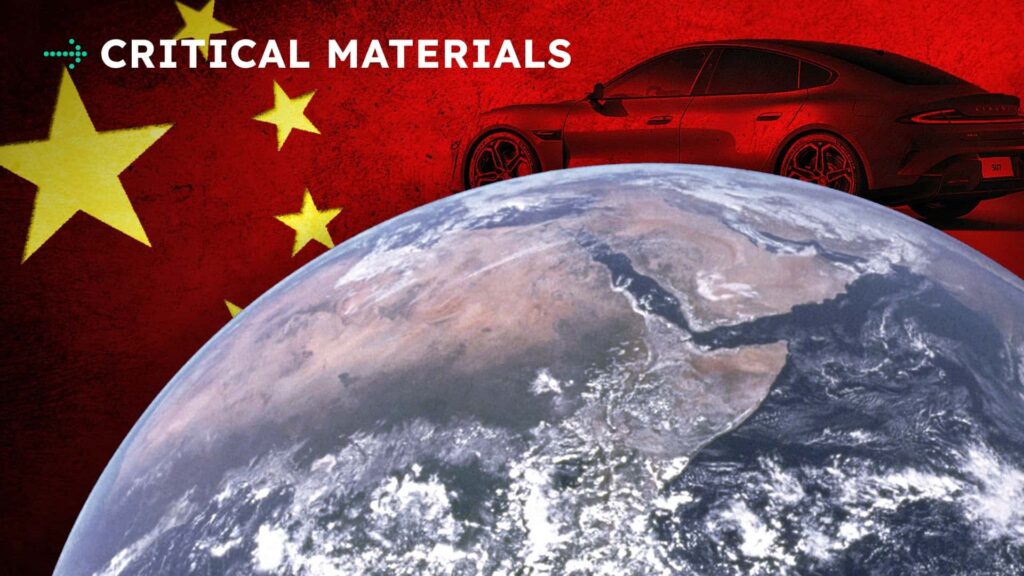China’s electric vehicle industry has seen a significant shift in recent years. Initially focused on the domestic market, Chinese automakers are now looking to expand their reach internationally. This change comes as the local market has become oversaturated, leading to a push for overseas investments.
According to a recent report by Rhodium Group, Chinese EV companies are now investing more abroad than at home for the first time ever. This shift is driven by factors such as overcapacity, a price war at home, and the need to avoid tariffs in foreign markets. Battery manufacturers, in particular, are leading the charge with around three-quarters of overseas investments coming from this sector.
While the move to invest abroad may seem promising, companies are facing challenges in establishing production facilities outside of China. Delays in starting production, red tape, and political complexities are hampering progress. Only 25% of overseas projects have been completed, compared to a 45% completion rate for projects at home.
The Chinese government is also closely monitoring these investments, concerned about technology transfer, job losses, and industrial hollowing out. Tighter control on foreign investments may be implemented in the future to address these issues.
In a separate development, a group of former Tesla employees have founded a new EV charging startup called Hubber. With a focus on fast and reliable urban charging, the company aims to serve a wide range of customers, including taxi and ride-hailing fleets. Hubber recently secured $81 million in investments and plans to open its first charging facility in South London.
Meanwhile, former Waymo CEO John Krafcik has criticized Tesla’s Robotaxi service, calling it a glorified version of Uber. He highlighted the absence of fully autonomous vehicles in Tesla’s fleet, contrasting it with Waymo’s driverless Jaguars. The competition between Waymo and Tesla in the autonomous driving space continues to intensify, with both companies expanding their service areas.
As the EV industry evolves, the debate over the perfect car for an EV swap continues. With a wide range of options available, from classic BMWs to practical Volvo wagons, enthusiasts are exploring new possibilities for electrifying older vehicles. The quest for the ideal platform for an EV conversion remains an exciting challenge for automotive enthusiasts worldwide.

